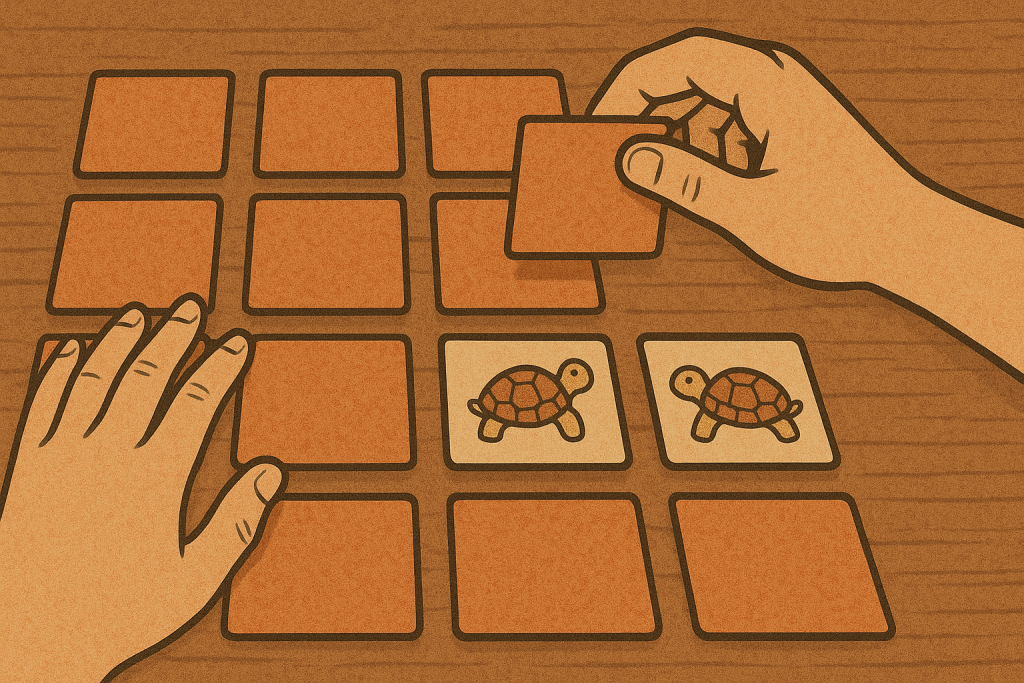Parenting means constant learning, adaptation, and patience. The balance between guiding your children and developing their independence is hard to find, but it is worth it. In this blog, we will explore how to watch your child without crossing the line into overcontrol.
Being an autonomy-supportive parent brings many benefits to all family members. Instead of overplanning, you can give your children a chance to choose their activities themselves. And instead of extensive texting and calling you can use a free phone location tracker to check for your child’s safety. Such tiny changes bring easiness and a light attitude both for you and the child.

Here is a brief overlook on this parenting style before we dive into details:
- High responsiveness: Authoritative parents are attentive and responsive to their child’s emotional needs. They show warmth and affection, creating an environment where their child feels safe to explore the world around them.
- Reasonable control: While they set clear boundaries, authoritative parents avoid overcontrolling their child’s actions. They understand that independence is important and that children need room to make mistakes and learn from them.
- Encouragement of independence: Parents who practice authoritative parenting encourage their children to make decisions for themselves and promote self-sufficiency. They allow their children to experience failure and learn from those experiences, fostering resilience and problem-solving skills.
- Consistent discipline: Discipline is fair and consistent, providing children with a sense of security and understanding of the boundaries that are in place to keep them safe.
Let’s see how you can reach this without overcontrolling on real practical examples.
Practical Steps for Balancing Monitoring with Independence
Here are actionable strategies to watch your child without overcontrol:
Set Clear Boundaries
One of the most effective ways to strike the right balance is by setting clear, reasonable boundaries. Prioritize the child’s safety but allow for enough freedom for exploration and decision-making. For example, let a child play at the park with friends but set check-in times or limits on when they need to return home. Clear rules give children a sense of security, as they understand what is expected of them. Yet, they have the freedom to enjoy themselves within safe parameters.
If you want more safety, the Number Tracker app can add it without too many issues. This tool provides a way to check in on the child’s location without calls or texts, or constant surveillance.

Encourage Decision-Making
Involve your child in decision-making, even from an early age. It develops a sense of control and responsibility. Let them choose what to wear or pick at a restaurant. When children make choices for themselves, they build confidence for a long-long time. As they get older, involve them in greater decisions related to their daily activities. For instance, let your teen decide how to spend their weekend or what extracurricular activities they want to participate in.
Foster Open Communication
Start by creating an environment where your child feels comfortable expressing their feelings. Regularly check in with your child, asking how they are feeling and if anything is bothering them. Make sure that your child understands that they are not a burden but an important part of the family.
You should also model effective communication. Show your child how to express their feelings in a healthy, constructive manner. Show it by actively listening and engaging with empathy. This tip minimizes micromanagement, as your child communicates directly with you when they need help or guidance.
Manage Parental Anxiety
Rather than relying on constant check-ins or calls to verify where your child is or what they are doing, trust their ability to make good decisions. You can verify their whereabouts using the Number Tracker app, which helps you stay informed without the need to hover or interrupt their activities.
Remember that overmanaging and over-communicating sends the message that you do not trust your child. Instead, create opportunities for your child to show responsibility, and when they prove themselves, increase their independence accordingly. This builds self-confidence and reassures that they are capable of handling new challenges.
Signs of Parental Overcontrol
There are a couple of worrying signs in parenting that your behaviour might be too controlling. Look through them below:
Excessive Supervision
Overprotective parenting, where every move of a child is monitored, seems like an appropriate way to ensure their safety. Yet, it has long-lasting negative effects. Excessive supervision often leads to increased screen time in children.
When parents use screens to occupy their kids rather than allowing them to engage in independent play or decision-making, they inadvertently limit the child’s opportunity to develop social, emotional, and cognitive skills. This over-reliance on screens can hinder creativity and problem-solving abilities, crucial for childhood development.
Psychological Control
Psychological control is more subtle but equally harmful. This form of control includes manipulating a child’s thoughts, emotions, and behaviors to meet the parent’s desires. It often shows through guilt, shame, or excessive praise.
Research indicates that children raised under psychologically controlling parenting styles struggle with their sense of self, develop lower self-esteem and higher levels of anxiety. As they are conditioned to seek approval or avoid disapproval, these children hardly assert their independence and struggle with their mental health into adulthood.
Authoritarian and Permissive Parenting Styles
Both authoritarian and permissive parenting styles can also result in overcontrol, albeit in different ways. Authoritarian parenting is strict and controlling, offering little room for the child to make decisions independently. It stifles a child’s ability to critically think or handle challenges. On the other hand, permissive parenting provides very little structure, often indulges a child’s desires without boundaries or expectations. Both extremes may arise from a desire to control or manage a child’s behavior, but they both fail to nurture autonomy effectively.
In contrast, a balance between control and freedom is vital. Too much control over a child’s life prevents them from becoming capable of managing their own decisions, while too little control leads to confusion and lack of direction. Finding the middle ground between protection and independence is essential for a child’s growth into a confident, resilient adult.
Autonomy-Supportive Parenting: What Is It and How to Reach It
Autonomy-supportive parenting allows for a child to be themselves, make mistakes, and learn from those experiences while still being guided and supported by their parents. This parenting style strikes the right balance between providing safety and allowing freedom, fostering an environment that encourages personal growth and responsibility. Research indicates that autonomy-supportive parenting leads to better outcomes in a child’s emotional, social, and academic life.
Encouraging Independent Decision-Making
One of the hallmarks of autonomy-supportive parenting is the encouragement of decision-making. When children make choices they develop important skills like self-regulation, problem-solving, and critical thinking. For example, letting a child pick their snack or choose their clothes for the day helps them learn to weigh options and take responsibility for their choices.
Building Social Competence
Autonomy-supportive parenting also has a positive impact on a child’s social competence. Children who are encouraged to make their own decisions and explore their interests often exhibit better communication skills and a higher degree of empathy. These children tend to navigate social situations more effectively, as they are used to thinking for themselves and considering other people’s perspectives.
Fostering Emotional Well-being
By respecting a child’s need for autonomy, parents foster emotional well-being. Children who are given the space to express their feelings and think for themselves are better equipped to manage their emotions and build resilience. These children learn that it’s okay to make mistakes and that their emotions are valid, which helps them cope with challenges later in life. Autonomy-supportive parenting creates an environment where children feel safe to explore their identity and are encouraged to trust their own instincts.
Promoting Resilience
Children raised in an autonomy-supportive environment develop resilience because they are given the opportunity to face challenges and solve problems on their own. Whether it’s navigating social conflicts, handling academic difficulties, or simply learning to cope with failure, autonomy-supportive children learn how to bounce back from adversity. This resilience is crucial in helping them thrive during their teenage years and beyond, as they face increasing demands and pressures from school, peers, and life in general.
Long-Term Benefits
Studies have shown that children raised in autonomy-supportive environments are more likely to become well-adjusted, independent adults. They tend to have better academic achievements, more fulfilling relationships, and higher levels of happiness. By focusing on supporting their child’s autonomy, parents lay the groundwork for a future filled with self-sufficiency, emotional intelligence, and strong interpersonal skills.
Check your parenting style according to these tips and see what you can exclude or add to your daily habits. Even light changes in messaging or time-organizing might bring bigger transition to better.






